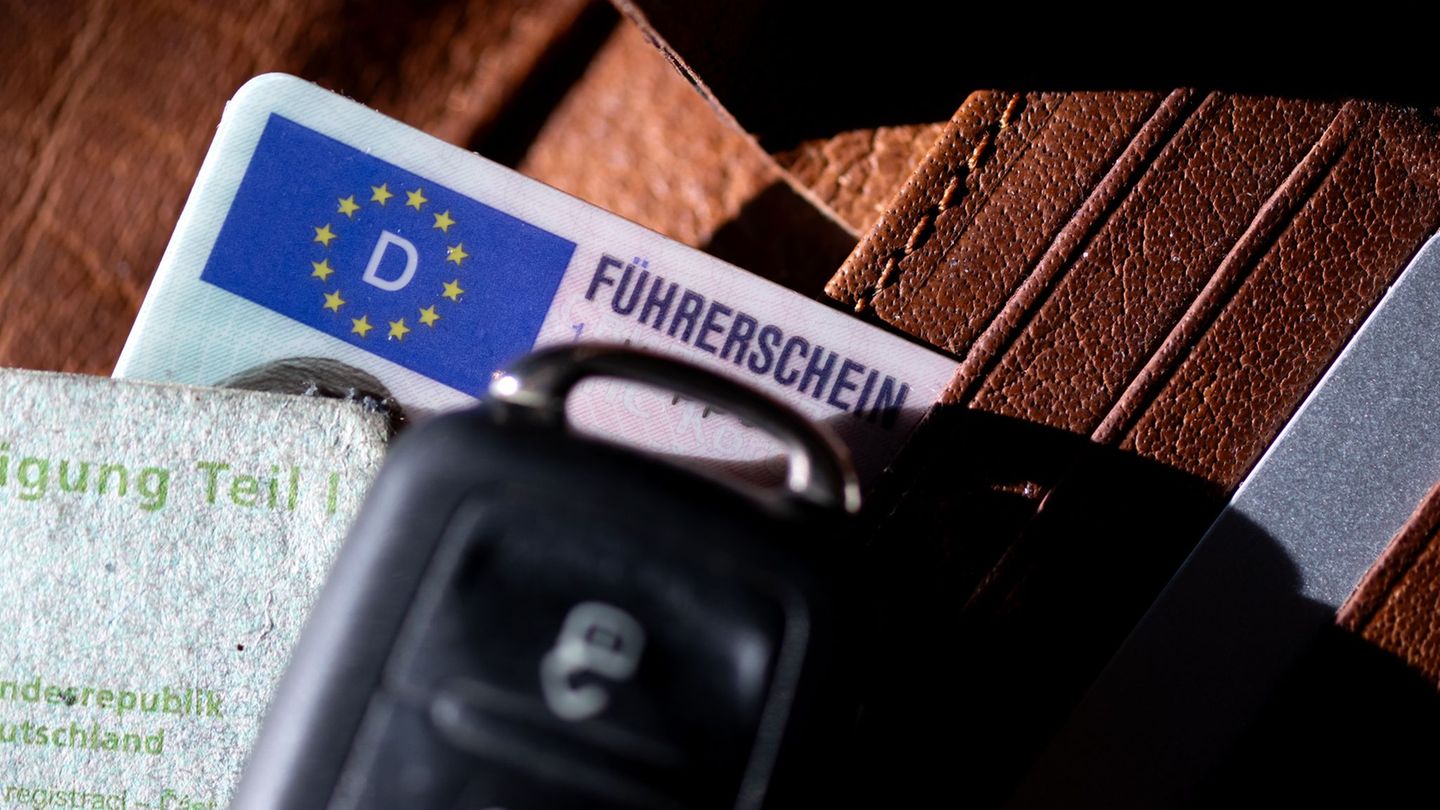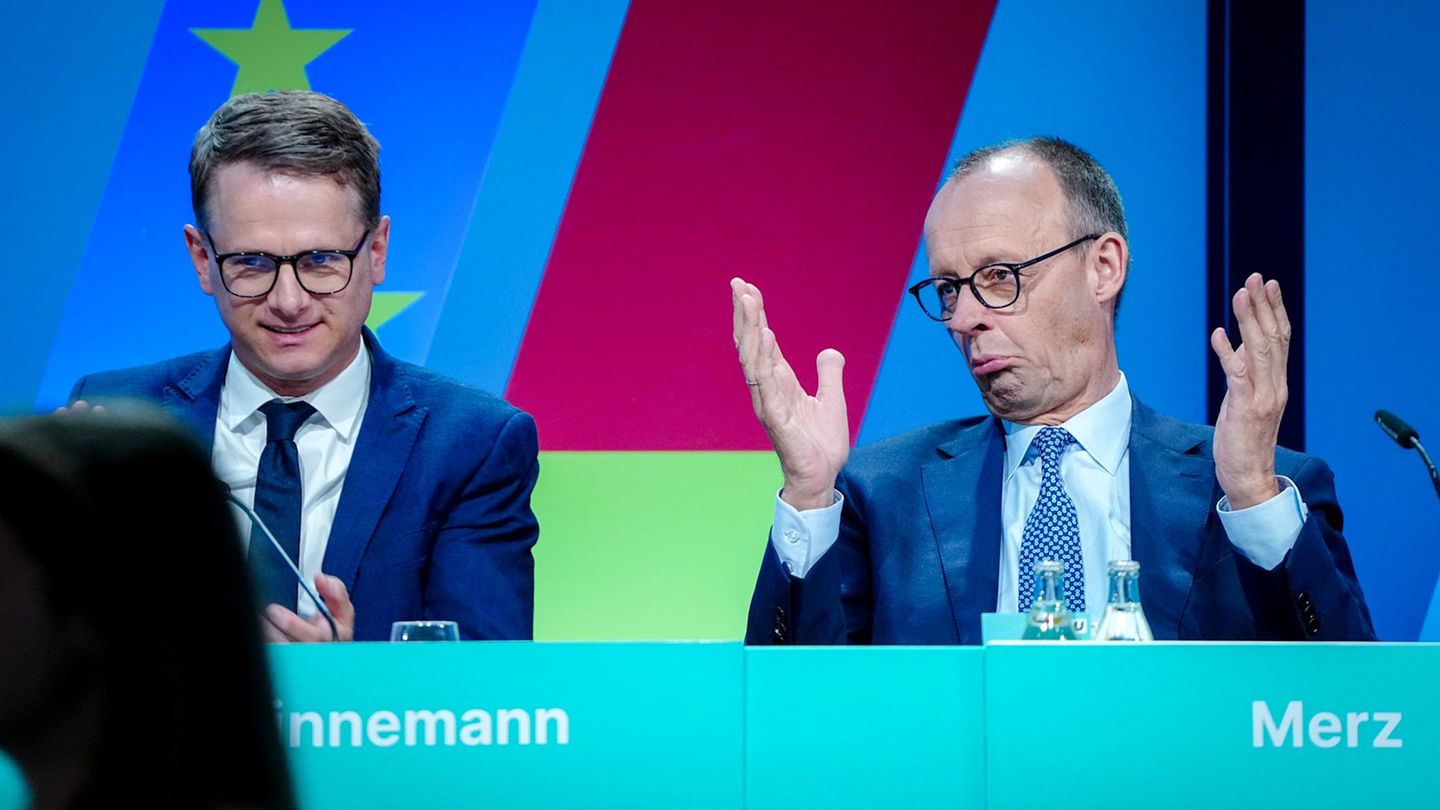I have been working in the news industry for over 6 years, first as a reporter and now as an editor. I have covered politics extensively, and my work has appeared in major newspapers and online news outlets around the world. In addition to my writing, I also contribute regularly to 24 Hours World.
Menu
New federal government: New government is moving closer – CDU coalition agreement agrees
Categories
Most Read
Gaza deal: Hamas hands over two more bodies of hostages
October 15, 2025
No Comments
Budget dispute: Court stops Trump administration’s “shutdown” job cuts
October 15, 2025
No Comments
Criticism of Israel: Strikes and demonstrations in Spain against Israel over Gaza
October 15, 2025
No Comments
War in Ukraine: Zelensky: Talks in the USA bring the end of the war closer
October 15, 2025
No Comments
Nord Stream attack: Italy stops extradition of suspect
October 15, 2025
No Comments
Latest Posts

New Russian attacks on Ukrainian power plants cause massive power outages
October 15, 2025
No Comments
October 15, 2025 – 20:48 The bombings occurred between Tuesday night and early Wednesday morning. Russia again attacked electrical infrastructure in Ukraine and forced emergency

Traffic: Cheaper driving licenses? Transport Minister makes suggestions
October 15, 2025
No Comments
AngelicaI am an author and journalist who has written for 24 Hours World. I specialize in covering the economy and write about topics such as

Industrialists warn that the fall in activity and high rates complicate the economic transition
October 15, 2025
No Comments
October 15, 2025 – 20:12 This was stated by the head of the UIA, Martín Rappallini, within the framework of the 61st Colloquium of the
24 Hours Worlds is a comprehensive source of instant world current affairs, offering up-to-the-minute coverage of breaking news and events from around the globe. With a team of experienced journalists and experts on hand 24/7.

